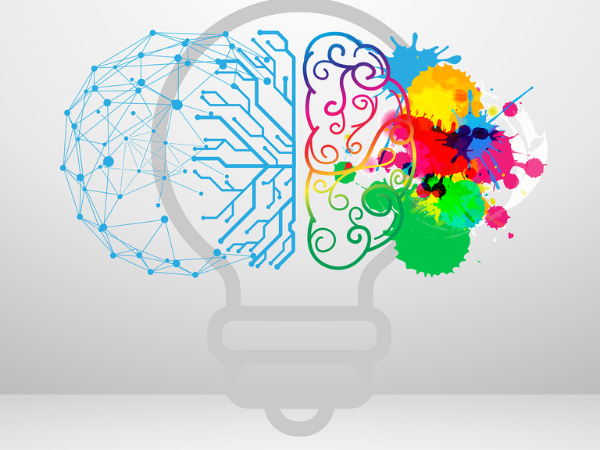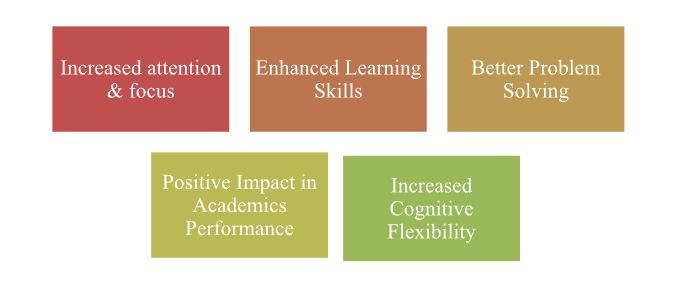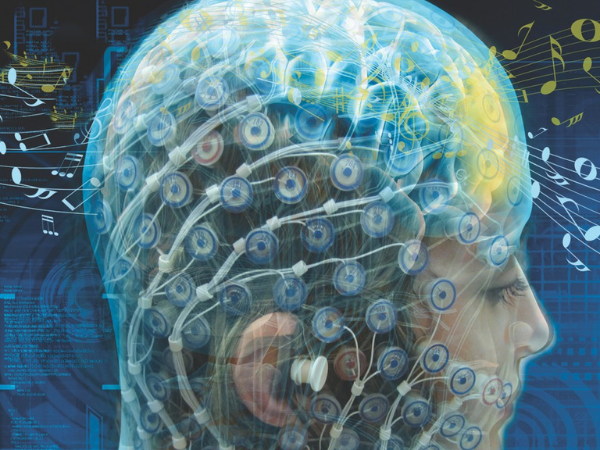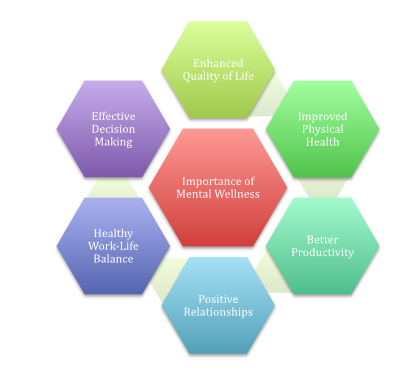

Cognitive abilities refer to the mental processes and skills that are used to acquire, process, store, and retrieve information. These abilities play a crucial role in how individuals perceive, think, remember, problem-solve, and learn.
When students are in class or studying, different brain regions collaborate to (ideally) help the student focus their attention, sift through the data, encode important points, and correctly store/recall that information. If any of the brain regions fails to function properly, it can have a significant impact on a student’s ability to perform well in school.


Brain training is the process in which a struggling student becomes actively engaged in activities that are specifically designed to strengthen cognitive-based skills.
To improve in certain subjects or to grasp certain skills, certain brain functions must be targeted. This targeted training will aid in ensuring focus and activating the functions that are required to perform certain tasks.
In addition to activating the processes in the brain in a focused manner so that comprehension is obtained, there are several other benefits associated with brain training. These include – but are not at all limited to – the following:


We will be using different modalities with the students which will include -
VISUAL SENSORY TRAINING – This will aim to improve various aspects of visual perception, processing, and integration, which are fundamental for learning and academic performance.
NEUROFEEDBACK TRAINING (NFT) - is a therapeutic technique that involves real-time monitoring of brain activity to provide individuals with information about their brainwave patterns. Neurofeedback training aims to help individuals learn how to control and regulate their brain activity to improve cognitive, emotional, and behavioral functioning.
Electroencephalographic (EEG)-neurofeedback training (NFT) - is a promising technique that supports individuals in learning to modulate their brain activity to obtain cognitive and behavioral improvements.
Mental health refers to a person's emotional, psychological, and social well-being—essentially, it encompasses the individual's overall mental state. It involves the ability to manage stress, relate to others, make decisions, and cope with the challenges of life.
